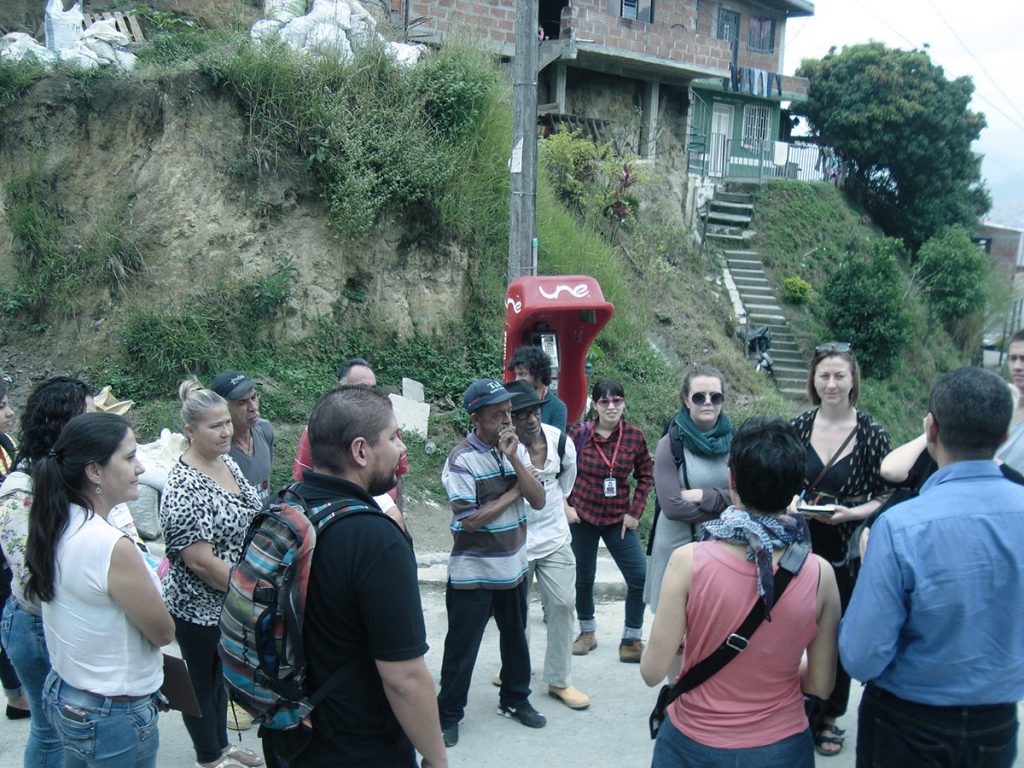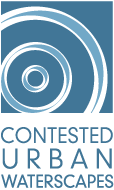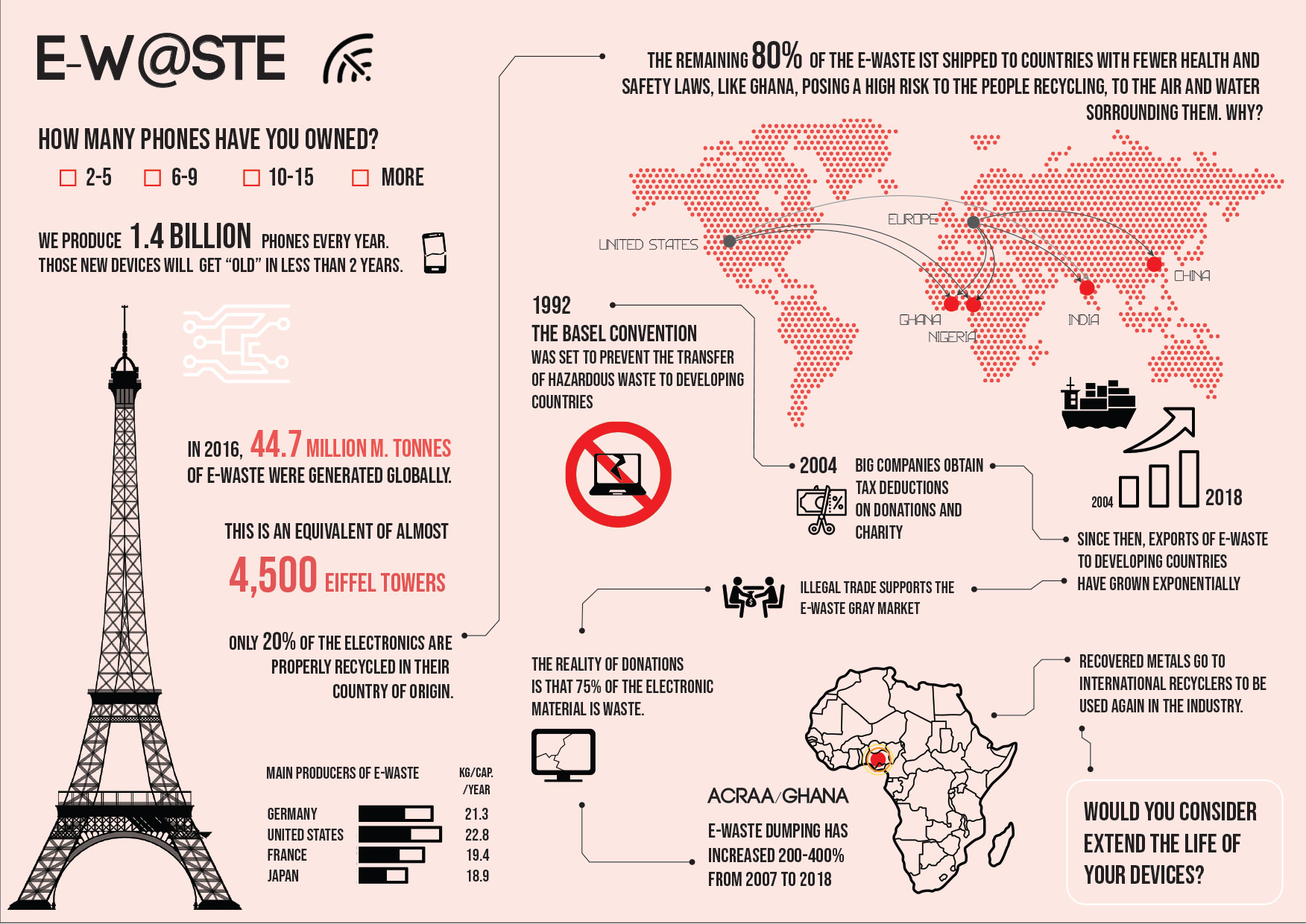
CUW offers a wide variety of courses, workshops and summer schools that explore the relationship between people, water and infrastructure, with an emphasis on inequalities and injustices.
Environment, Politics & Urban Infrastructures
Urban Management Program, Technische Universität Berlin
COURSE
How are cities governed, contested and shaped through access and control over basic public services and infrastructures? By looking at the intersections between globalization and urbanization processes, this course mobilizes urban political ecology (UPE) as an analytical framework to unpack the power relations underlying injustices and inequalities in cities. UPE is concerned with the implications of market-oriented principles on access and control, as well as the forms of political struggle that take root at sites of policy change. Also, it pays particularly attention at how different social actors, contemporary debates and infrastructures, come to codify uneven geographies. The aim of the course is to develop a critical perspective to analyze the complex socio-ecological interactions that constitute cities through the examination of a series of case studies that involve the uneven and unjust distribution of water, sanitation, solid waste and electricity services. Additionally, students prepare a cultural event to present the outcomes of the course to a wider audience.
Events
Speisekino 2019 – Traveling Waste // Reiseabfälle
Speisekino 2017 – Tracing Urban Flows
Speisekino 2016 – Contested Waters / Umkämpftes Wasser
In cooperation with the Zentrum für Kunst und Urbanistik (ZK/U)
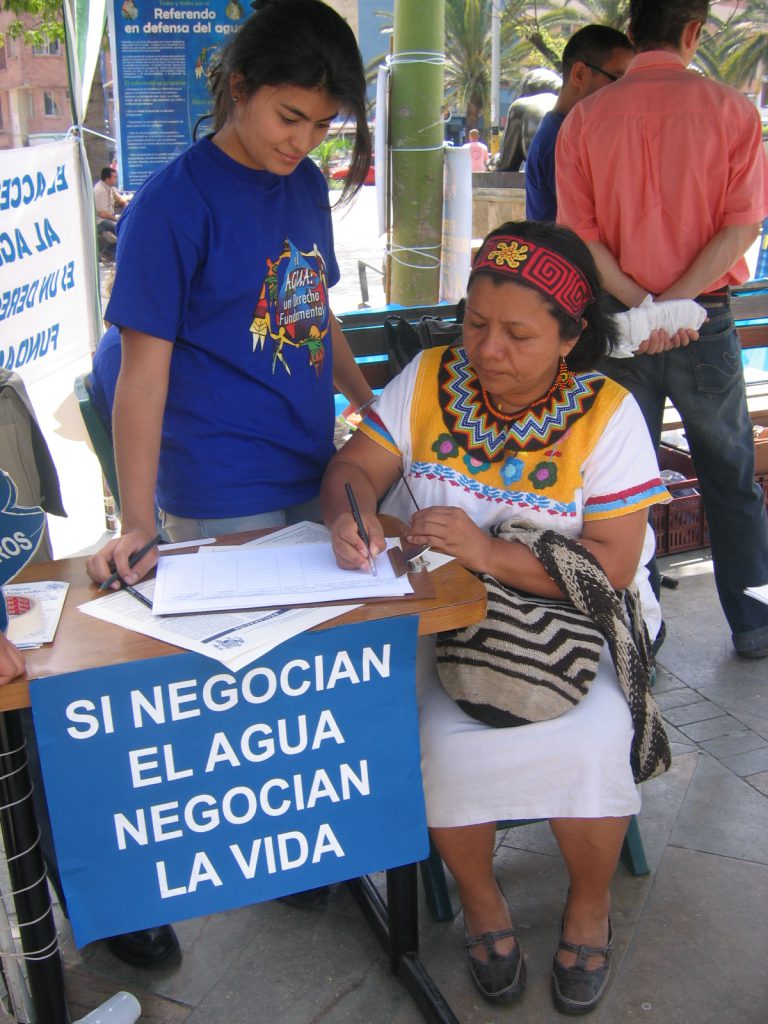
Photo © Penca de Sábila
City Profiles
Urban Management Program, Technische Universität Berlin
COURSE
Indicators are increasingly used as tools for knowing and measuring the city. They enable many city authorities and international institutions around the world to assess and monitor issues of performability, competiveness, well-being, access to basic services, poverty, unemployment, pollution, etc. Additionally, indicators can assist cities in building alliances, setting up networks, strengthening collaborations, and sharing knowledge and resources. But, how are indicators developed, by whom and how are they implemented? This course will begin by exploring the use of various forms of indicators to evaluate and categorize cities as ‘resilient’, ‘smart’, ‘sustainable’ and ‘green’. Students will then explore the development of specific indicators for a contemporary urban-environmental phenomenon and based on these indicators we will predict future scenarios. Finally, the course will invite each student to select a particular urban phenomenon. The goal is to generate and combine a set of indicators to measure and visibilize current urban trends, evaluate how indicators change over time, and imagine alternative solutions.
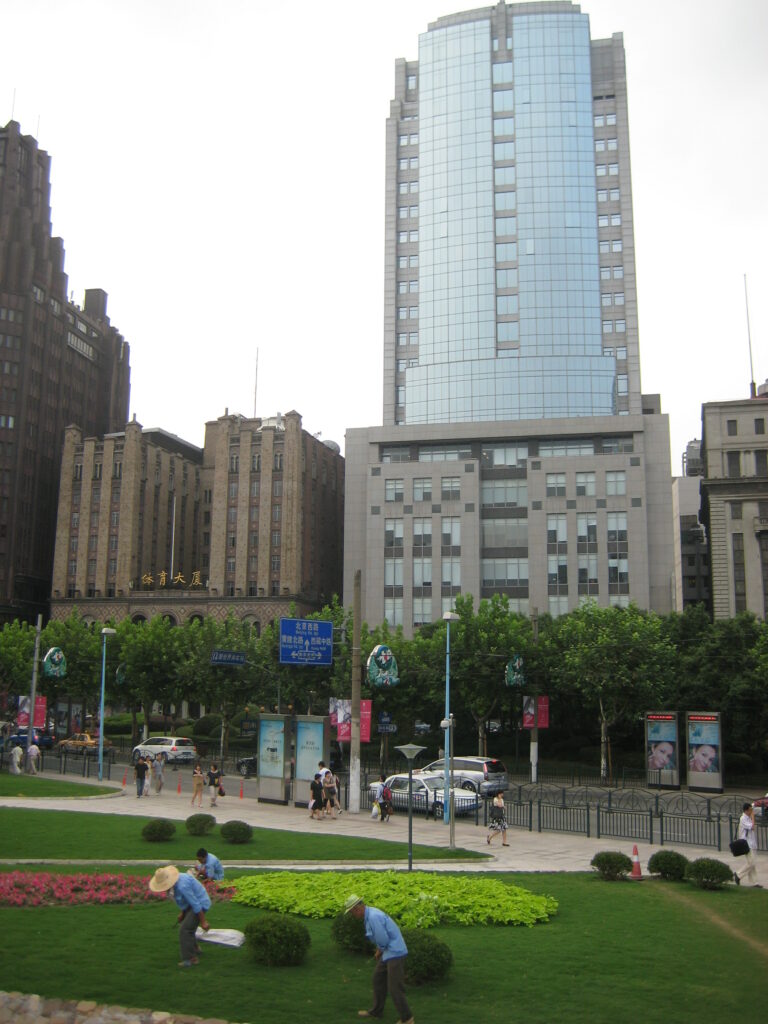
Urban Water and the Politics of Infrastructure
COURSE
This course introduces Urban Political Ecology (UPE) as an analytical tool to explore how cities are governed, contested and shaped through access and control over resources and infrastructures. By looking at the intersections between globalization and urbanization processes, UPE provides means to evaluate social power relations underlying injustices and inequalities in cities. UPE is concerned with the implications of neoliberalism and market-oriented principles on access and the sustainability of resource provision, as well as social struggles that take root at sites of policy change. The course pays particularly attention at how different social actors, contemporary debates and material artifacts (e.g., large infrastructures, small devices) come to codify uneven geographies, and how environmental injustices are shaped by factors such as caste, race, class, gender and ethnicity. The aim of the course is to develop a critical perspective to analyze the complex socio-ecological interactions that constitute cities. It will do so by examining a series of case studies that involve the uneven and unjust distribution of water, sanitation and electricity supply services.
Landscapes of Waste
Critical Concrete – Social & Sustainable Architecture, Porto
WORKSHOP 2016, 2017, 2019
Critical Concrete offers every year a school program for architects, design students and makers who are interested in both the theory of sustainable architecture and getting involved in the construction work.
CUW takes part of the summer school as an academic lecturer and offers theoretical and practical insights into the Landscapes of Waste to understand the connection between growing urban consumption habits and the geographies of waste disposal. Additionally, we will discuss the reactions that recycling elicits in consumers; namely, that recycling ameliorates any hesitation when it comes to consumption, and that we somehow might be doing something good for the environment. But where does waste end up, once it’s been deposited into a container or bin? These questions are explored politically and ethically through lectures and group discussions.
In this process, summer school participants contribute to the thorough refurbishment projects that could not normally be afforded by the social housing occupants or covered in full by public funding.
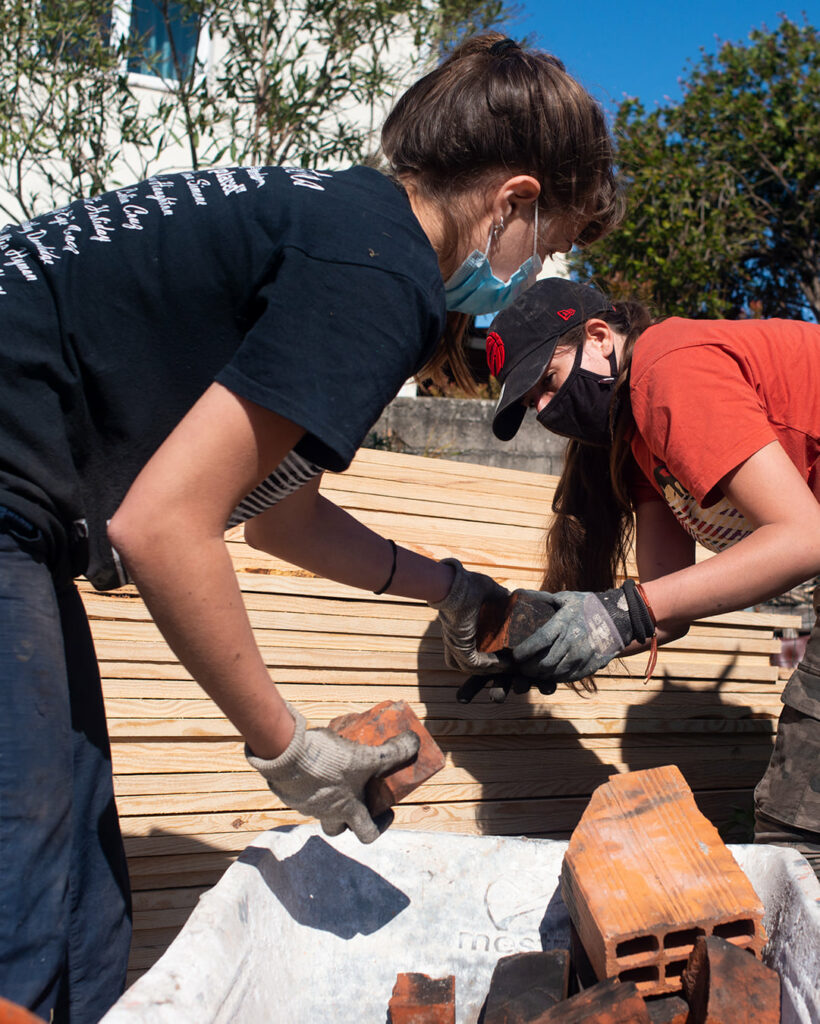
Photo © Critical Concrete
Challenging the Consumption-Discard Nexus
Urban Management Program, Technische Universität Berlin and the Zentrum für Kunst und Urbanistik (ZK/U)
WORKSHOP 2018
As cities growth, they are demanding a significant amount of good and services to sustain contemporary urban life. However, the rampant consumption in cities is strongly reliant on the transformation of natural resources and remote landscapes, which are commonly hidden from view. For example, the increasing production of e-waste – computers, iPhones, tablets and printers – has transformed the lives of millions of people in Africa, Asia and Latin America by exposing them to hazardous materials.
Nowadays, it has become easier to throw a computer and buy a new one instead of repairing or recycling it. In Berlin, there are platforms that bring different initiatives together such as the Gütermarkt in the district of Moabit. This market aims at creating awareness about overproduction, waste and affordability by providing alternatives for repairing, recycling and exchanging as a way to support less consumption lifestyles, challenge market-based interests, and promote exchange between different social groups based on solidarity and mutual exchange. Students engage with these issues in an ethical, theoretical and methodological way by participating in workshops, group discussions and a guided tour taking place at the Center for Art and Urbanistics (ZK/U).
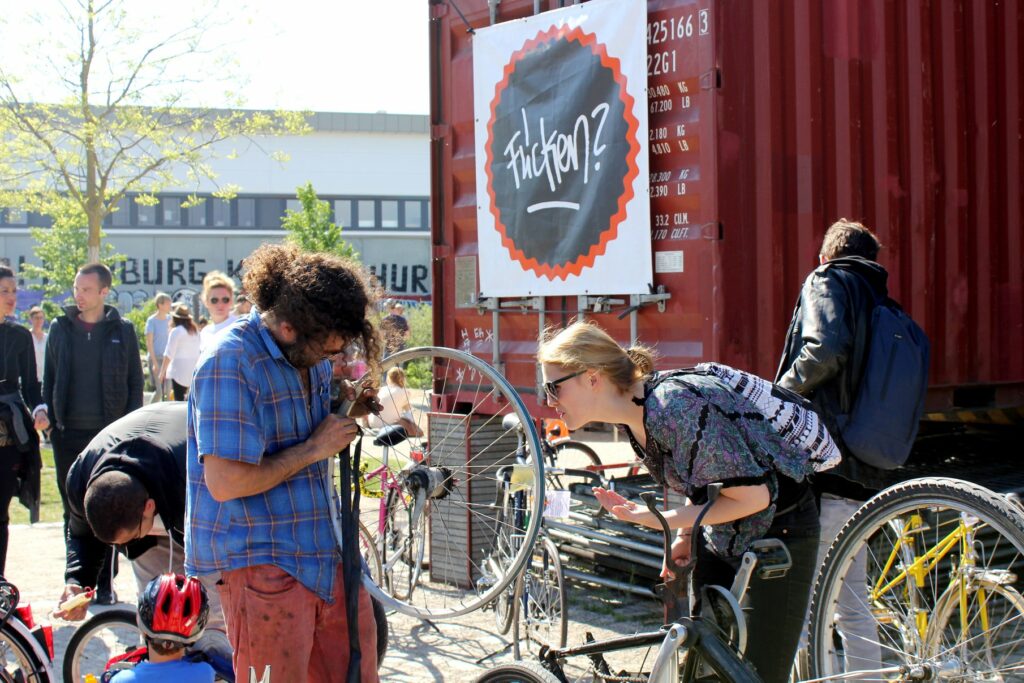
Photo © ZK/U
Tracing Urban Flows
Habitat Unit, Technische Universität Berlin and the School of Architecture and Planning (SoAP), University of the Witwatersrand
WORKSHOP 2017
How do resources come and leave our cities? This workshop explores how different resources such as water, energy, e-waste, food and minerals are mobilized from different parts of the world and transformed into commodities to sustain contemporary urban life. We will trace the processes through which resources are drawn into the cities to subsequently being transformed into commodities, and finally being discarded.
Why should we trace urban flows? Urban studies usually place a strong analytical focus on cities – understood as densely populated urban agglomerations. However, cities are strongly reliant on the transformation of natural resources and remote landscapes, which are commonly hidden from view. One of the main goals of this workshop is to explore urbanization as a global process, or as a set of processes that are not reducible to the boundaries of the traditional city. We will examinee how the growing consumption in cities is strongly connected to the expansion of the resource frontier, and what are the social and environmental effects.
Informal Urban Waterscapes
WORKSHOP 2017
Studies in landscape architecture often attempt to shape the flows of water through different design-building options. But what happens when water fails to behave according to the design principles of landscape architects? Through a series of workshops, CUW introduces the students of the AHO to the informal waterscapes of Medellín in order to explore how the unruly character of water can pose challenges to pure design-related solutions. In particular, two programs implemented by the water utility company (EPM) to reduce water losses in the infrastructure systems are investigated: (1) water supply in informal settlements, and (2) formalization of carwash sites. By working together with local communities, carwash workers and staff of the utility company, students are encouraged to trace how water is used, controlled and valued in informal areas, and how mundane objects such as pipes, water tanks, meters, and sewage systems become critical sites for political struggles to secure access to water.
